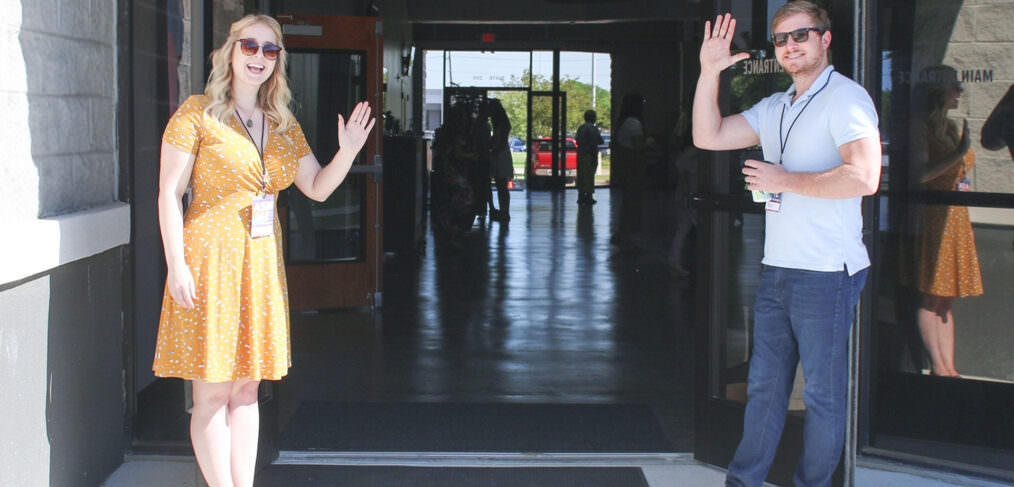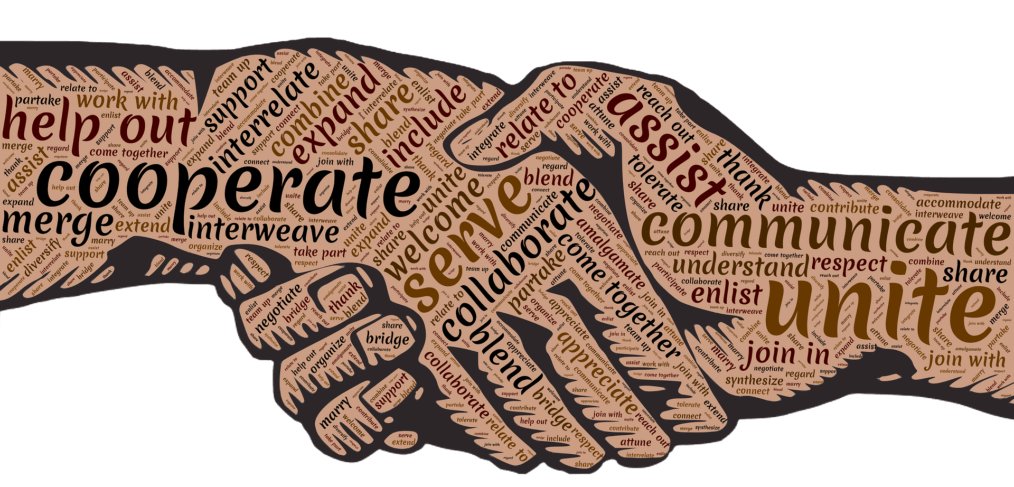In July, high temperatures bring an intensity to the air as wheat fields turn golden, announcing it is high time for harvest. I clip into my carbon road bike and head towards the Maroon Bells. My preferred approach to the base of the climb is a circuitous route that rises gently up the valley floor. The smell of freshly bailed hay and straw marks the height of summer, and it reminds me that my favorite of the three Grand Tours is about to commence. The smell – and the anticipation of Stage One of the Tour – triggers in me a rush of excitement, even a burst of adrenaline. My hands slip to my drop bars and I envision I’m in the men-filled peloton.
I have keen appreciation for the saying ‘we don’t know what we don’t know’ and it informs my willingness to be vulnerable, modify my approach, or solicit feedback from others.
I grew up on a farm, and my family had a vegetable garden. I sometimes helped my parents till, plant, tend and harvest a large variety of vegetables. Thirty years later, my husband and I put in a vegetable garden. I took the gardening knowledge I had, read gardening articles and books, and then I started digging.
This is part four of a four-part series on Predictive Index (PI) drives.
Let’s keep this short. Rules are meant to be broken. If the previous sentence makes you smile, I expect we may have a thing or two in common. If that statement gets your goat, and you naturally accept and adopt rules with ease, you likely have a greater than average drive to conform to rules and structure. In Predictive Index, this drive is known as Formality.
To individuals with a high Formality drive, rules are important and it’s important to those individuals to follow the rules. Even if the rules deteriorate performance, choke results, and limit success, following the rules is more important than performance. Following the rules is also more important than the fact that the rule was established for a reason, such as to keep individuals safe. Safety, for the person with a high Formality drive, is not necessarily the most important outcome; following the rule is. In other words, rules hold the value rather than the positive or negative effects that result from following the rules.
This is part two of a four-part series on Predictive Index (PI) drives.
Extraversion is defined by Predictive Index as the drive for social interaction with other people and it is one of four drives mapped by way of a scientifically-valid, six decade old algorithm known as the PI Behavioral Assessment. Understanding drives is the direct path to understanding the needs of people. When employers understand what drives, or motivates, the people who comprise their organizations, the possibilities are endless.
Why does PI measure only four drives? While humans have many drives, these four—Dominance, Extraversion, Patience and Formality—are the most influential drivers of workplace performance.
My kids and I were driving home from a weekend getaway, when Scotty McCreery’s song “In Between” came on the radio. My older daughter asked me what the song meant. I explained that the song was about knowing who you are, and that the artist was describing himself as “in between/Friday night wild/And quiet Sunday morning.” In other words, he is highly adaptable to diverse circumstances.
Knowing yourself, or more specifically self-awareness, is critical in life and especially in the workplace. And although McCreery was describing himself to a woman who was sizing him up from across the room, it’s possible that if he were to take a Predictive Index Behavioral Assessment, he might fall into the reference profile known as an Adapter,
Accomplished writer and blogger, Jennifer Alsever, finds a respectful way to integrate light humor into her piece about the real challenges of workforce reimmersion amidst COVID-19. Read the full post Keeping the Conversation Going—from 6 Feet Away here, which was published originally for Humans At Work on May 26, 2020.
Now more than ever, the rules of social engagement are unclear with mixed messages globally and nationally. Mavericks of the world may let their mask hang around their necks, they may talk too loud, joke too much, and step
This week one of the employees at Predictive Index (PI) Headquarters, David Silbert, wrote a poignant article about his feelings on racial injustice. It really hit home, especially as we consider ourselves an extension of the PI family. Therefore, we are sharing his wonderfully written article as well as our grief and condolences to the families of: Ahmaud Arbery, Breonna Taylor, Tony McDade and George Floyd.
One of the tenets that informs our every consultation at SHIFT is that people are complex. Every person is complex regardless of race, creed, religion or sexual orientation. The complexity is what brings the richness and nuance to our existence. We honor that complexity. We honor our differences and we honor our similarities.
“In spite of those differences, there’s always more in common than not.
This is part one of a four-part series on Predictive Index (PI) drives.
Patience is defined by Predictive Index as the drive to have consistency and stability in your environment. While consistency and stability bring success in some situations, I would argue that’s not always the case. Sometimes a sense of urgency, the ability to multi-task, and outside pressure are critical to achieving the desired outcome.
Each of us is unique and possesses varying levels of patience. Some express high levels of the patience drive while others have a low expression of the patience drive. There is no right or wrong expression, or amount of, patience. Everyone has some drive for consistency and stability. Those who have a low expression of the patience drive must self-regulate, or adapt, in situations that may benefit from patience.
My family owns a lake house in a gated golf community. For the first 20 years the resort existed, it thrived. Most of the owners had primary residences elsewhere and used their lake homes or condominiums at the resort for weekend golf outings or boating on the lake. The resort had golf and tennis professionals, who organized tournaments and gave lessons. The restaurant had fine dining and a pub, and they catered weddings and events.
The resort’s next 20 years were tumultuous. It underwent several management changes and the community’s population shifted to working class homeowners and renters.
Working remotely is a new concept for most of the workforce. I’m not talking about those who are self-employed or those who launch a startup out their garage. I am talking about individuals who are employees of an organization, those who are part of a team and report to a manager, but they do so from a home office. Since the COVID-19 pandemic has forced many of you out of office buildings and into your home offices for the foreseeable future, I want to share some things I’ve learned about remote working that — if both employees and organizations act intentionally – could make full-time remote employees successful.










